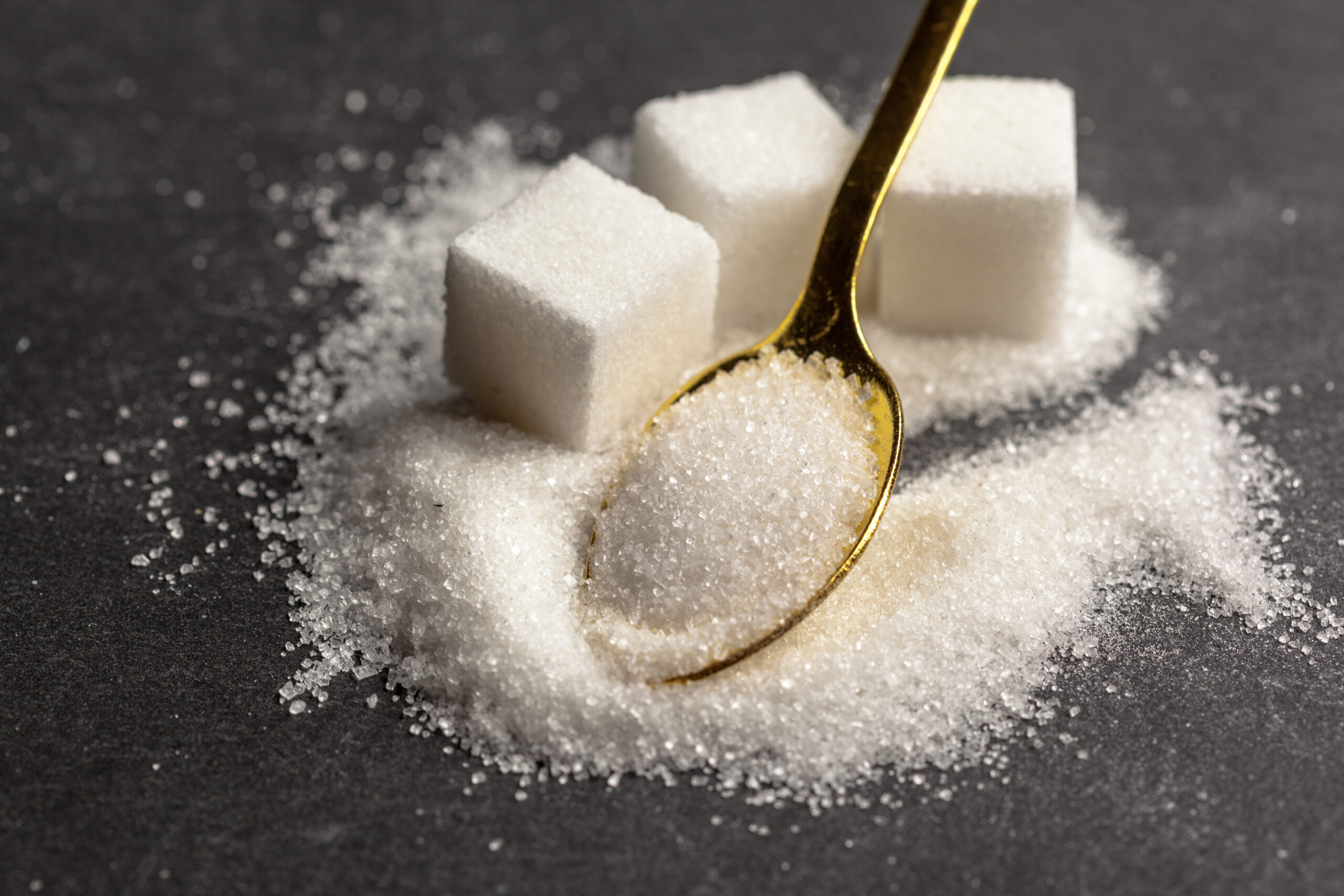
Sugar has long been both a beloved ingredient and a nutritional villain. From childhood treats to processed snacks, our attraction to sweet flavors is deeply rooted in human biology. Historically, it helped us survive by directing us toward energy-rich foods. But in today’s world of mass food production and heavily processed diets, sugar is increasingly linked to a range of health issues—from weight gain and inflammation to chronic conditions like obesity and type 2 diabetes.
Despite decades of debate, sugar remains a hot topic in nutrition circles. Is it truly the root of modern health problems, or simply misunderstood? To uncover the truth, we need to cut through the noise and take a science-backed look at what sugar is, where it hides, and how it really affects the body.
Sugar is a simple carbohydrate and an essential source of energy. It exists in two main forms: natural and refined. Natural sugars, like fructose in fruits and lactose in dairy, come packaged with fiber, protein, or fat. These nutrients help slow sugar absorption into the bloodstream, reducing the risk of blood sugar spikes.
Refined sugar, usually extracted from sugar cane or sugar beets, is processed into sucrose, a blend of glucose and fructose. It’s commonly added to sodas, cereals, baked goods, and sweets. Manufacturers also use high-fructose corn syrup and other artificial sweeteners to enhance flavor in processed foods. These added sugars are often linked to weight gain and health problems when consumed in excess.
All carbohydrates, whether from whole foods or added sugars, are broken down into glucose, the body’s main energy source, especially for the brain, which uses around 20% of it. Keeping glucose levels within a healthy range is important for overall function, and when carbohydrates are low, the body can produce glucose from protein or fat stores to maintain balance.
Our bodies process refined sugar very differently from the natural sugars found in whole foods. In fruits and dairy, nutrients like fiber, protein, and fat help slow sugar absorption, promoting steady energy levels. In contrast, eating refined sugar—especially on an empty stomach—can lead to sharp spikes and crashes in blood sugar, leaving you feeling tired and craving more sweets.
Over time, excessive consumption of added sugars has been linked to several health concerns:
That said, moderate sugar intake is not inherently harmful. Enjoying sweet treats occasionally as part of a balanced diet is perfectly fine—it’s the ongoing overconsumption that raises health risks.
There’s a common belief that some sugars are better than others, but the reality is more nuanced. While natural sugar sources like fruits or even sweeteners such as honey and pure maple syrup do contain small amounts of antioxidants and minerals like calcium, iron, and potassium, they’re still forms of sugar. According to nutrition experts, these natural options may offer slight nutritional benefits, but they’re not free passes to overindulge.
From a calorie standpoint, there’s little difference between natural sweeteners and refined sugar. A teaspoon of maple syrup delivers nearly the same number of calories as a teaspoon of table sugar. As one expert put it: “You still can’t lather everything in maple syrup.”
That said, some natural sweeteners may taste sweeter, allowing you to use less overall, which can help reduce total sugar and calorie intake.
One persistent myth is that sugar directly causes diabetes. In truth, sugar consumption can lead to weight gain, and obesity is a major risk factor for type 2 diabetes. It’s not necessarily sugar alone, but the combination of excess calorie intake and lack of physical activity that contributes to the disease.
For people living with diabetes, managing sugar intake is essential. Even natural sugars in whole fruits and fruit juices can raise blood sugar levels significantly. While whole fruits are a better option due to their fiber content, portion control is still important. “Sadly, all sources of sugar affect blood sugar the same way,” experts note—even if it’s from an orange or a cookie.
Sugar isn’t inherently harmful, but too much—especially from processed foods—can impact your health. Enjoying it in moderation and choosing natural, whole food sources is the best way to keep things in balance.